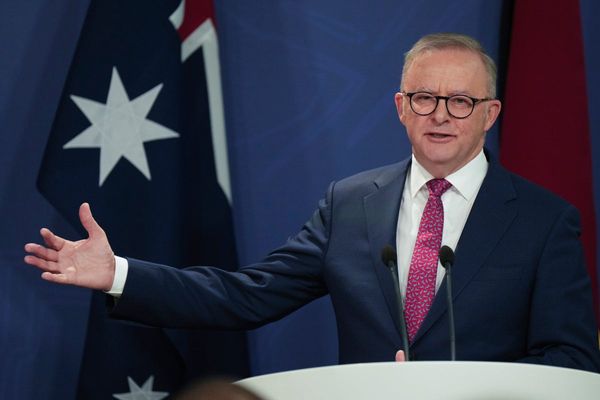The cost of living is soaring for millions of households across the UK, and the latest announcement on energy bills is providing no relief for cash-strapped individuals.
Regulator Ofgem has confirmed the energy price cap will rise to £2,017 for those on prepayment meters. That’s up from £1,309.
And if you’re not on a prepayment meter but on a standard tariff, the average bill will hike from £1,277 to £1,971 under the new cap, which comes into force for both from April.
But what happens if you’re on a fixed rate tariff? How does it work? And will I have to pay more following Ofgem’s announcement? Here’s everything we know.
Gas prices: If I’m on a fixed energy deal - will my bill go up?
Households and customers who have a fixed rate tariff energy bill can breathe a sigh of relief, for now.
While you’re on that tariff, you won’t pay a penny extra as your bill has been fixed to what was agreed between yourselves and the supplier.
However, when that fixed rate tariff comes to an end, you will probably notice finding another deal is much more expensive.
The reason why gas prices have risen so much for consumers is that suppliers are having to pay a lot more to get the energy in the first place, as wholesale prices have risen sharply.
Over the last few months, households and customers have largely been shielded from any increase because of the energy price cap.
But when that is raised in April, suppliers will be free to increase their prices on standard rate tariffs, putting an added strain on households when other costs are also rising.
The Chancellor, Rishi Sunak, has, though, announced a new ‘rebate and clawback’ scheme aimed at alleviating concerns over rising energy costs.
He’s promised a £200 discount on energy bills from October, with people paying the money back in £40 installments from 2023.
There will also be a £150 discount for those in Council Tax bands A to D, which should assist about four in five households.
Of course, much of this action by the Government hinges on hopes that wholesale gas prices will fall over the next year or so, but they might not.
Rising demand from Asia, the ongoing tensions in the Ukraine and depleted stocks of power from wind and nuclear sources could continue putting pressure on wholesale gas prices.







